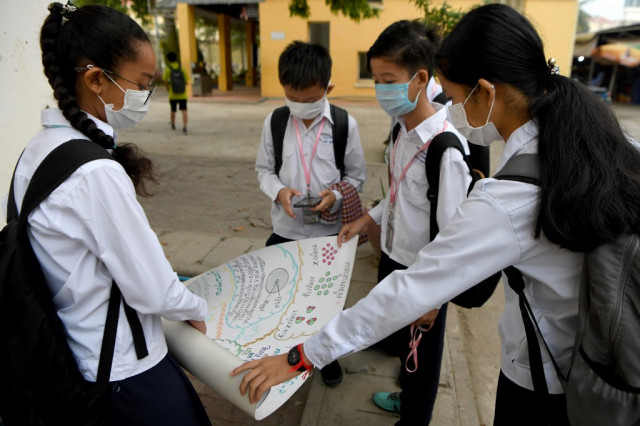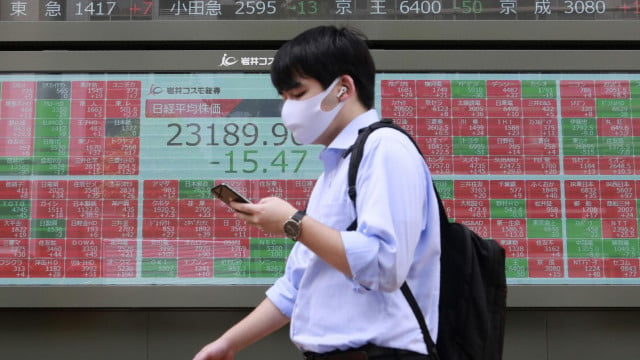Covid-19: An Anti-Youth Pandemic

- Cambodianess
- August 3, 2020 4:51 AM
Compelled by the pandemic, distance education has become essential due to public and private teaching institutions having shut down.
It was already known that quality education for all was far from a reality in the country. The abrupt switch to distance education has added inequality to inequality. Inequality in internet access and required tools; inequality in the command of the new teaching tools required for students or teachers; inequality in students’ capacity to have the same level of concentration, of interaction with teachers and of discipline in this distance-learning context; and inequality in parents’ capacity to provide their children with the support they need in this unstructured teaching environment.
Finally, it is again and again children of families in the countryside and of low-income households in cities who will be the most affected by this harmful effect of the pandemic.
Before COVID-19, adapting young people’s training to the evolution of the labor market had already been identified as a major challenge.
So in late December 2019, a report of the United Nations Development Programme (UNDP) pointed out that the low unemployment rate—2 percent among women and 3 percent among men 15-to-64 years old in a population whose two thirds are less than 30 years old—must not make one forget that more than 85 percent of the active workforce is employed in low-skill labor-intensive jobs, and more than 51 percent of the jobs in Cambodia are vulnerable employment situations with no regular salary.
While automation and artificial intelligence are becoming commonplace, pushing workers out of traditional jobs, it is important to prepare young people to go from labor-intensive jobs to highly qualified ones, the UNDP report noted.
More than ever, the quality of training is a crucial asset, and not only for those intended for professional careers, high-level or management positions.
It is definitely crucial for everyone. Otherwise, a huge number of young people will find themselves excluded from the labor market.
Having rendered thousands of young workers jobless or put in precarious situations, the pandemic, by weakening an education system whose weaknesses are known but whose transformation is a huge as well as urgent task, has sowed very nasty seeds in the future of young people in the midst of training.















